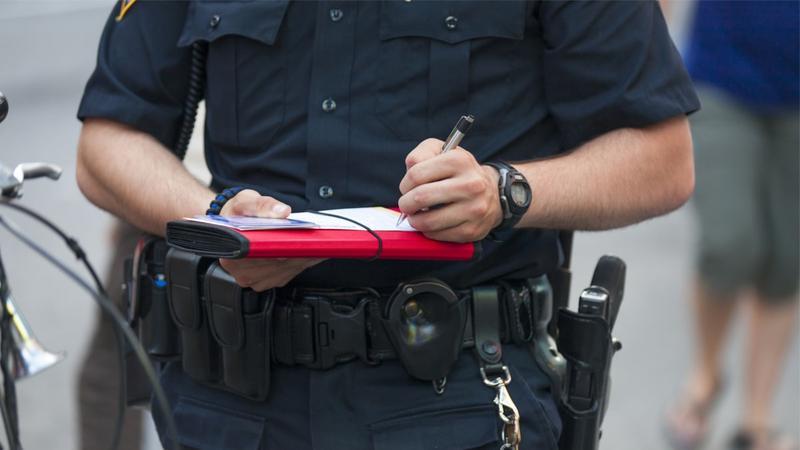

Two-thirds of the Canadian population lives within 100 kilometres of the Canada-U.S. border. As you can imagine, cross-border traffic between the two countries is typical.
According to Statistics Canada, in the third quarter of 2023, Canadians took 6.9 million trips to the United States. Pre-pandemic, the national reporting agency estimated that Canadians jumped in the car to cross the border about 2.7 million times. Those numbers can only mean one thing: There’s a whole lot of Canadian drivers on U.S. roads.
It only stands to reason that, whether it’s on a day trip, business trip or road trip, some drivers will run afoul of traffic laws stateside.
Find the Best Car Insurance RatesCompare car insurance quotes from 50+ providers in a single search. Start saving money today on the premiums you pay.
Thankfully, traffic laws in the states are relatively similar to those in Canada, and Canadian driver’s licences, as well as your car insurance, are valid in the U.S. no matter where you go.
But what happens if you get a ticket?
There may have once been a time when getting a traffic ticket in the United States would not affect your driver’s record in Canada. But times have changed. Today, what happens will depend on where the ticket was received and the agreement that state has with your home province.
Some states and provinces have reciprocal agreements allowing information to be exchanged between the two regarding traffic violations. If your home province and the state you received the ticket in have such an agreement, the ticket will be reported to your province’s driver licensing agency.
Ontario has a reciprocal agreement with New York and Michigan, and Quebec has a reciprocal agreement with New York and Maine (and Ontario).
A U.S.-based traffic ticket will impact you in the same way a Canadian ticket would. It could affect your auto insurance rates, cause demerit points to be added to your licence, or — in the case of a criminal conviction — result in a licence suspension.
Ontario drivers, for example, will have demerit points added to their licence if they’re guilty of the following:
- Speeding
- Failing to obey a stop sign, signal light, or school bus,
- Racing, and careless driving.
Criminal convictions, like vehicular manslaughter, criminal negligence, dangerous driving, failing to remain at an accident scene, and driving impaired, will result in a licence suspension.
If you receive a traffic ticket in the United States that comes with a fine, you should either pay the fine or arrange to attend traffic court to dispute the ticket. For some people, the latter can be complicated.
In a situation like this, hiring a lawyer to attend court on your behalf may also be an option.
Ignoring a traffic ticket is unlikely to work out in your favour, even in states that don’t have a reciprocal agreement with your home province. At best, you’ll be on record in that state as having an outstanding fine. If you ever want to return (or even drive through on your way somewhere else), this could be problematic.
Ignoring a fine could also result in debt collection agency calls.
In the worst-case scenario, if you live in Ontario, ignoring the ticket could lead to a licence suspension. Ontario’s Highway Traffic Act allows a person’s licence to be suspended if they fail to “pay a judgment.” Judgments in jurisdictions outside of the province count too, including in the remaining nine provinces and 41 of the 50 states.
It’s unlikely Ontario is the only province to allow this to happen.
As a driver in another country, it’s your responsibility to know the laws of the road in that location. Pay attention to speed limits and follow all posted street signs. Drive carefully, and you shouldn’t find yourself facing a traffic ticket at all.
Remember that if you are pulled over by an officer in the United States, you should behave in the same manner that you would at home:
• When you see the flashing lights (or hear the siren) of a police vehicle, pull over to the right side of the road towards the curb and come to a stop
• Stay seated in your vehicle unless the officer requests otherwise
• Be prepared to provide your driver's licence, vehicle registration, and proof of insurance. Tell the officer where these documents are located before you reach for them
• If you're stopped when it's dark, turn on your interior light
• If you have passengers, tell them to stay seated, remain quiet, and co-operate with any instructions that the officer may give
• If you don't understand why you’ve been pulled over, ask the officer to spend some extra time explaining why you're receiving the ticket and what to do with it
Finally, don’t argue about the ticket at the scene, you can look into your options regarding fighting or paying the ticket afterwards.